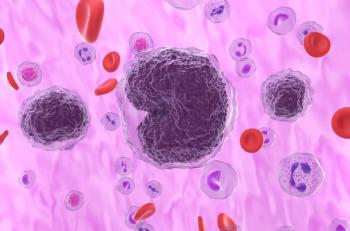
The 3 FDA-approved CAR T-cell therapies showed comparable survival outcomes in DLBCL over a 3-year period.

The 3 FDA-approved CAR T-cell therapies showed comparable survival outcomes in DLBCL over a 3-year period.
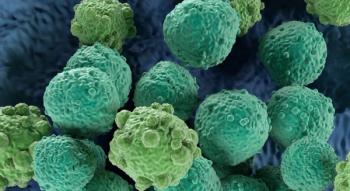
The hematologist at the Hematology and Stem Cell Transplants Unit of Fondazione Policlinico Universitario A. Gemelli IRCCS in Rome discussed a study on the effect of comorbidities in patients receiving CAR-T.

Beam Therapeutics’ team provided insight on data the company presented at EHA's 2025 Congress.

Matthew Ku, MBBS, FRACP, RACP, FRCPA/RCPA, PhD, an associate professor and the lymphoma stream lead at St Vincent’s Hospital, discussed data from a phase 1b trial.

The head of the clinical development program at Galapagos discussed the company's data presented at EHA's 2025 Congress.
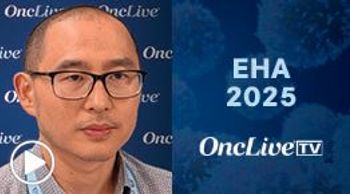
The associate professor and the lymphoma stream lead at St Vincent’s Hospital, discussed data from a phase 1b trial for the CD19/CD20–directed bispecific CAR-T.

Saurabh Dahiya, MD, FACP, an associate professor of medicine at Stanford University School of Medicine, discussed safety and efficacy data from a phase 1 trial for Kite's CD19/CD20-directed CAR-T.
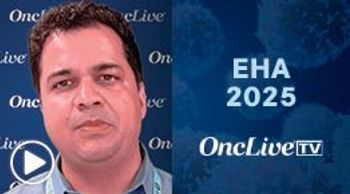
The associate professor of medicine at Stanford University School of Medicine discussed safety and efficacy data from a study presented at EHA's 2025 congress.

The overall response rate for the 11 treated patients was 72.7% at 3 months posttreatment.
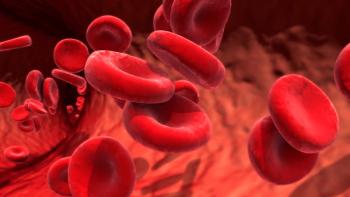
The study included 3 boys and 6 girls who were treated with gene therapy for TDT at 5 to 16 years of age.
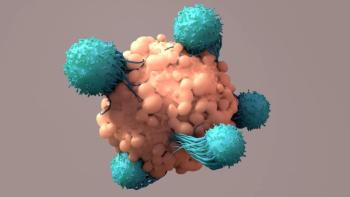
The data, from a study of 15 patients, were presented at EHA’s 2025 Congress.
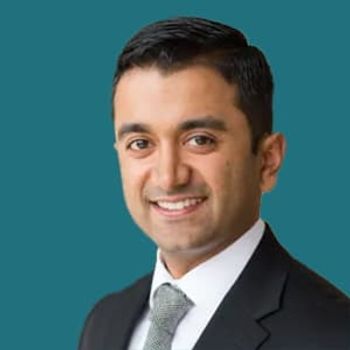
Omar Nadeem, MD, clinical director, Myeloma Cellular Therapies, Dana-Farber Cancer Institute, discussed GPRC5D-targeted CAR-T, BMS-986393.

Patients in FUMANBA-2 received eque-cel after being ineligible for ASCT after 4 cycles of induction therapy.
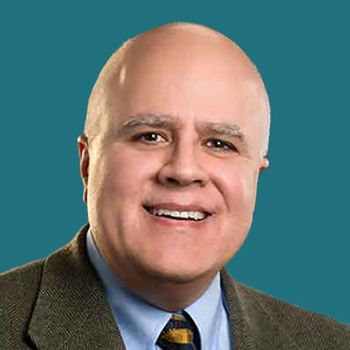
Data from up to 5 and 6 years of follow-up were presented at the 2024 EHA Congress.

The responses seen in the 9 patients included 3 complete responses (CRs), 2 very good partial responses, and 4 partial responses.

Earlier and prophylactic interventions have enabled low rates and severity of AEs in recent years of administration.

On the other hand, enhanced lymphodepletion increased incidence and severity of CRS and infection.
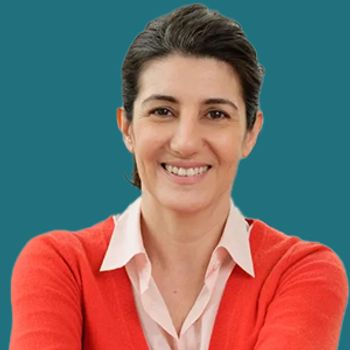
The subgroup analysis also looked at safety outcomes.
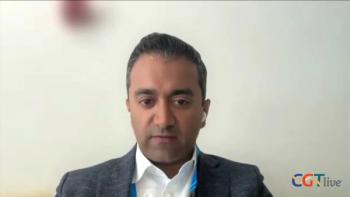
The medical oncologist and clinical director of Myeloma Cellular Therapies at Dana-Farber Cancer Institute emphasized promising safety in patients with high-risk disease.
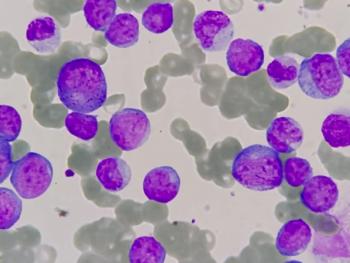
Among 10 patients who were treated with INB-100 in the trial, all 10 (100%) maintained their state of CR at 12 months or more posttreatment.

A presentation at EHA 2023 showed important safety and efficacy data with CD22 CAR T cells in heavily pretreated patients with large B-cell lymphoma and pointed to how this may shed light on sequencing in this field.

Susan Bal, MD, assistant professor of medicine at University of Alabama – Birmingham, discussed new data on BMS-986393.
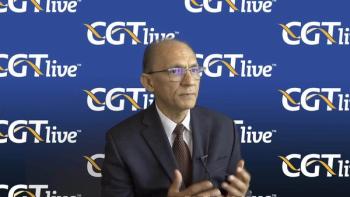
The associate professor from Dana Farber Cancer Center and Harvard Medical School discussed continued efficacy and safety data presented at the 2023 EHA Meeting.
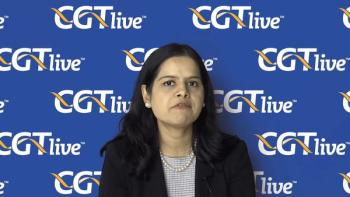
The assistant professor of medicine at University of Alabama – Birmingham discussed efficacy findings on BMS-986983 and more research to be done.
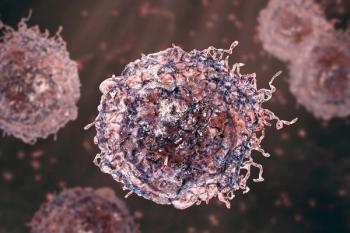
Two of 6 patients in the WM cohort achieved a complete response and 16 of 20 patients in the FL cohort achieved a complete response.
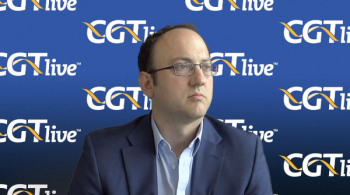
The assistant professor of medicine in the Division of Blood and Marrow Transplantation and Cellular Therapy at Stanford University discussed potential methods for optimizing CAR-T efficacy that could be explored in the future.
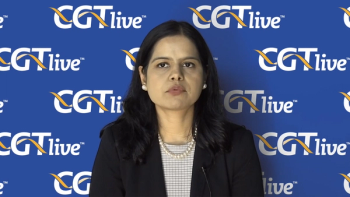
The assistant professor of medicine at University of Alabama – Birmingham discussed new data from the first-in-human trial of the CAR T-cell therapy.
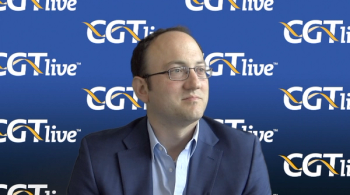
The assistant professor of medicine in the Division of Blood and Marrow Transplantation and Cellular Therapy at Stanford University discussed the safety and efficacy results he presented at EHA’s 2023 congress.
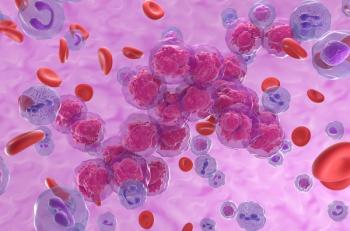
The objective response rate among patients treated at DL2 and DL3 who were evaluable for efficacy was 57%.
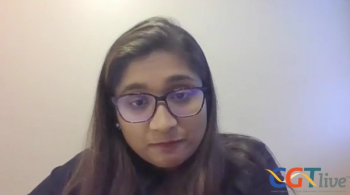
The assistant professor in the Division of Hematologic Malignancies and Cellular Therapeutics at the University of Kansas Medical Center discussed real-world safety outcomes for brexu-cel in patients with r/r MCL.